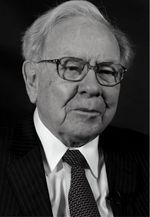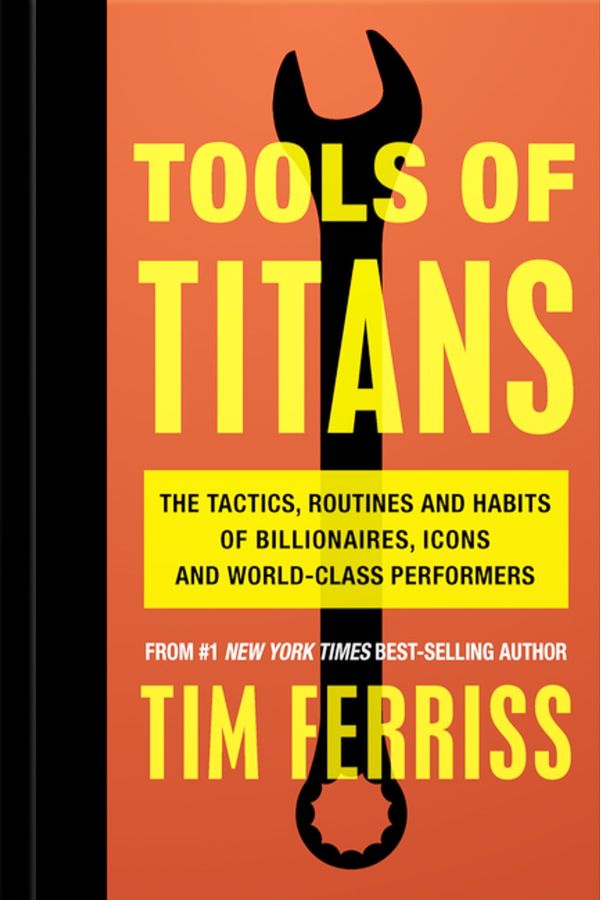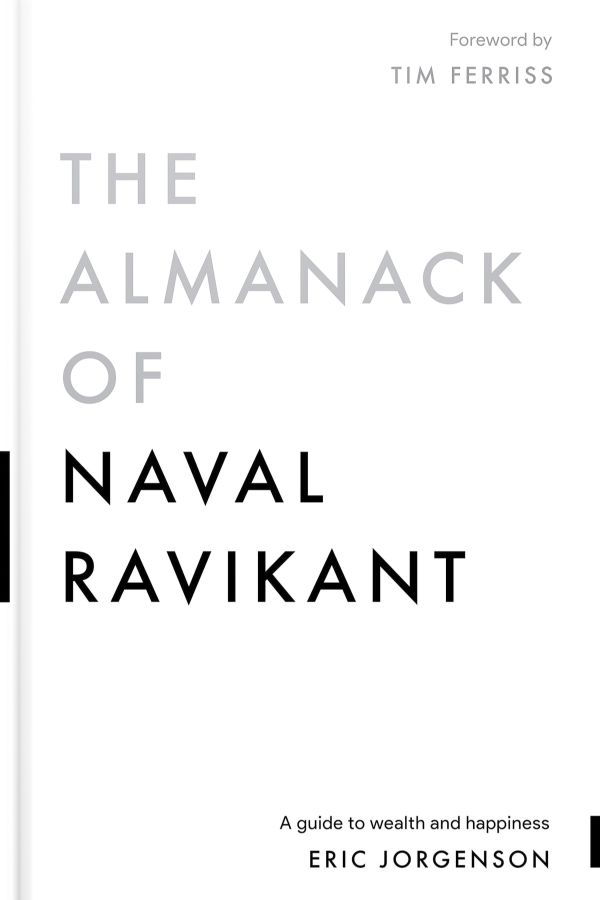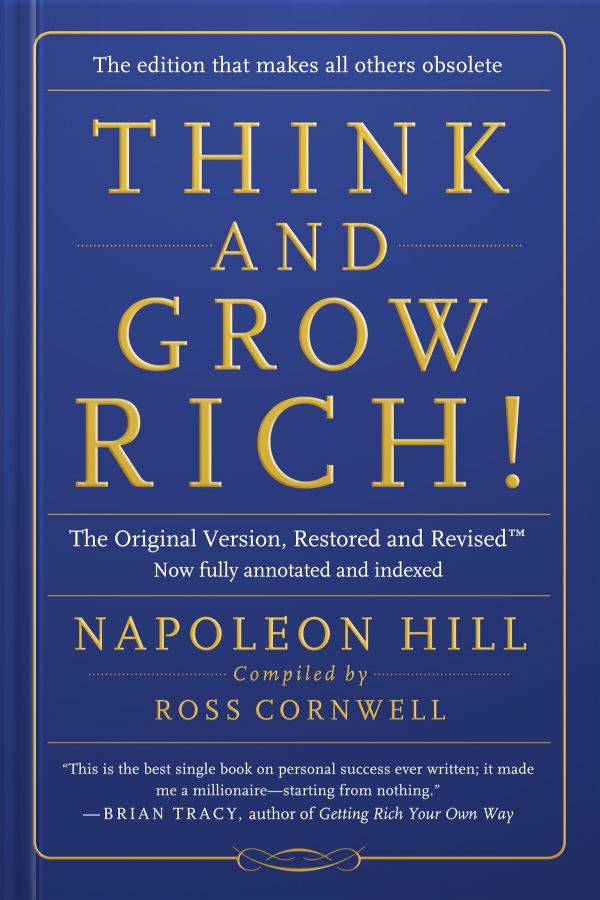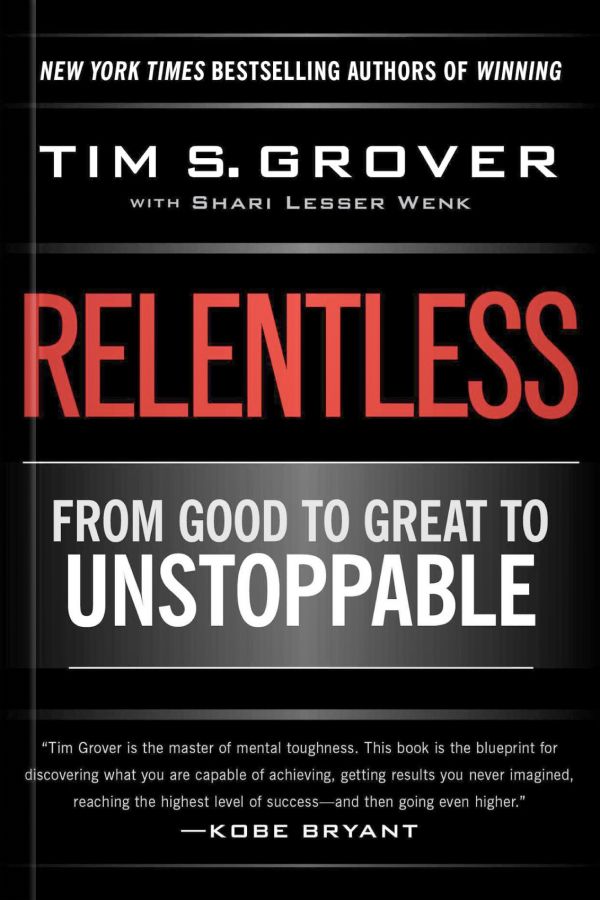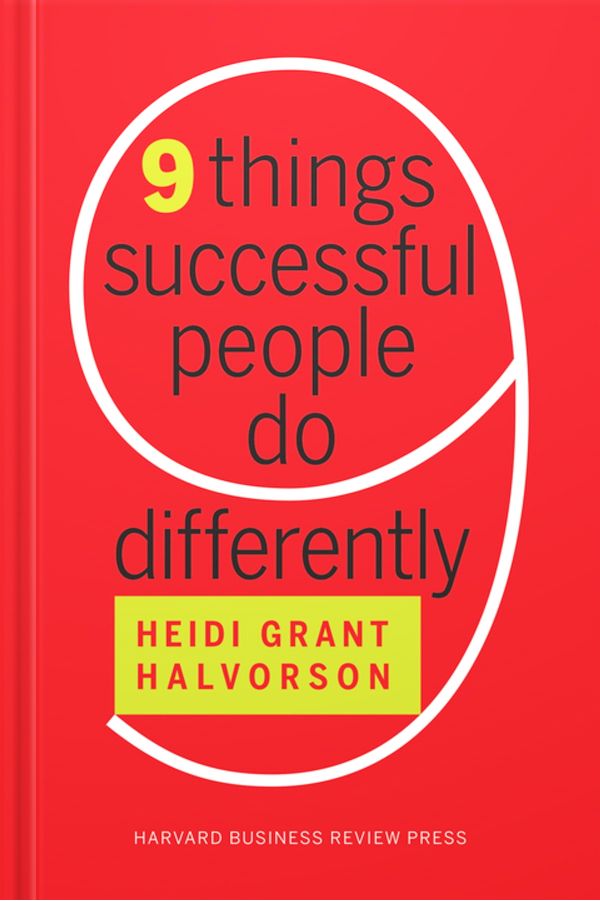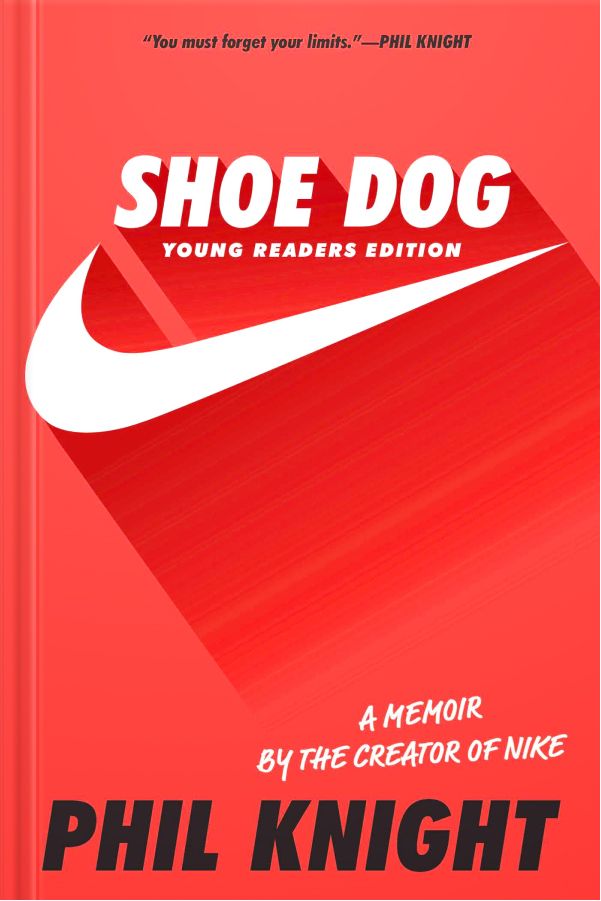
Business
Shoe Dog by Phil Knight
1. The Power of Crazy Ideas
Phil Knight, the mastermind behind Nike, was just 24 and hadn't accomplished much, yet he firmly believed that historical progress depends on the audacity of crazy ideas.
Knight's conviction in pursuing unconventional thoughts and daring to enter the unknown is the first building block in Nike's history.
"Like it or not, life is a game."
He wrote, urging us to play our game fearlessly.
2. Exploring the World
Knight's next move was a testament to his adventurous spirit. He embarked on a global expedition across Asia and Europe, visiting places he'd always wanted to explore.
This was not merely a tourist trip but an opportunity for Knight to understand global cultures, markets, and experiences that would shape Nike's ethos.
3. The Birth of Blue Ribbon Sports
During his travels, Knight landed an opportunity to become the west coast importer for Tiger Shoes of Japan.
He nonetheless forged an agreement under Blue Ribbon Sports without an existing company, illustrating his determination and understanding.
"So that morning in 1962 I told myself: Let everyone else call your idea crazy... just keep going,"
Knight asserted.
4. Building Business From Home
Returning home, Knight started selling Tiger shoes from his parents' house.
His unique approach was directly attending running meets, displaying a hands-on, grassroots approach to his business.
Knight's ethos was all about understanding the consumer's needs firsthand. He remarked:
‘Don’t tell people how to do things, tell them what to do and let them surprise you with their results.’
5. Challenges with Bank Credit
Even though Blue Ribbon Sports witnessed a steady 50% increase in sales annually, the bank was reluctant to extend credit.
The struggle against traditional financial institutions showcased Knight's tenacity and faith in his dream.
6. Bill Bowerman: The Vital Partner
Knight's partnership with his former running coach, Bill Bowerman, was a pivotal turning point for the company.
Bowerman's presence was instrumental in shaping the company's products and ethos, providing a robust foundation for Nike's success.
7. The Art of Hiring
Knight's knack for recognizing talent led him to hire Jeff Johnson.
Despite giving Johnson a daunting target of selling 3250 pairs, Johnson's exceptional salesmanship skills and primary CRM card index hit the mark.
Knight emphasized:
"The single easiest way to find out how you feel about someone. Hire them."
8. Strengthening Partnerships
As the company grew, Knight had to assert his position as a sole distributor, even flying to Japan to convince the owner of Tiger Shoes to extend his contract.
His quote epitomizes his unwavering commitment to the business:
“I wanted to leave a mark on the world.”
9. Credit Restrictions: A Threat to Existence
Despite the company's growth, it faced existential threats when the bank capped its credit at $1 million.
Knight's ability to navigate such challenges reflects his resilience and steadfast commitment to his vision.
10. The Emergence of Nike
When Tiger Shoes sought to cut off their distributor, Blue Ribbon Sports launched Nike as a sideline, using different factories.
This strategic shift allowed Nike to maintain its growth trajectory, highlighting Knight's innovative and adaptable approach to business.
11. Legal Battles and the Birth of Nike
Legal disputes ensued, forcing Nike to restructure its business. This period saw the consolidation of Nike as not only its brand but also an increase in innovative designs and a boom in the jogging trend.
Knight believed in embracing challenges, stating:
"In the beginner's mind there are many possibilities, but in the expert's there are few."
12. Struggles with Cash Flow
Despite persistent cash flow struggles, Nike delayed going public until the last moment.
This decision, reflective of Knight's strategic planning, was a testament to his patience and confidence in the brand's value.
13. Sponsorship: A Key Business Strategy
Nike's early attempts at sponsorship may have seemed amateurish, but they played a crucial role in the company's later success.
Knight understood the power of association and clever marketing:
“You are remembered for the rules you break.”
14. Entering the Apparel Market
Nike's foray into apparel was driven by a need to compete with Adidas, then the industry's leading giant. Knight wasn't afraid to adapt his business model to keep pace with or outpace competitors.
15. Adapting to Market Trends
Nike capitalized on the trend towards casual sports trainers by adapting their bestselling Cortez style to match jeans.
This move displayed Knight's keen awareness of changing market dynamics and consumer preferences.
16. From Obscure Ideas to Innovation
Nike Air Soles and Air Jordans, now household names, started as vague ideas. These innovations underscored Knight's belief in betting on out-of-the-box ideas and leveraging strategic sponsorships with emerging athletes.
17. Nike's Legacy
Nike's legacy, embodied by its headquarters in Beaverton, Oregon, where significant streets bear the names of key employees, serves as a testament to Knight's leadership.
His quote, "It's not enough to win. You want to win on your terms," summarizes the company's ethos that continues to lead the sporting world.


